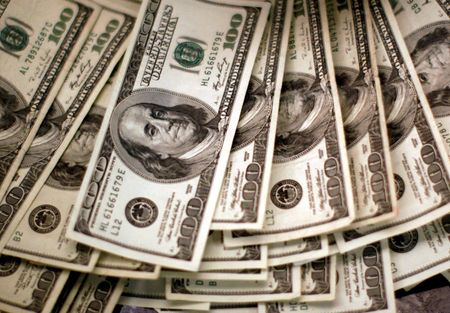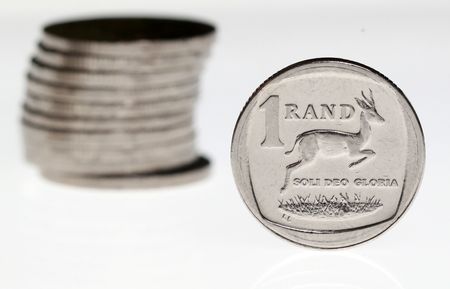By Seher Dareen
LONDON (Reuters) -Oil prices fell over 1% on Tuesday as OPEC+’s decision to pause output hikes in the first quarter next year along with weak manufacturing data and a stronger dollar weighed on the market.
Brent crude futures fell 82 cents, or around 1.3%, to $64.07 a barrel by 0905 GMT. U.S. West Texas Intermediate crude was down 84 cents, or 1.4%, at $60.21 a barrel.
“The succession of poor manufacturing PMIs from Asia and then the U.S. ISM is a worry for oil demand. So is the ever present market upsetting tariff threat,” said John Evans, analyst at PVM Oil Associates.
“The renaissance of the U.S. dollar is another suppressant for oil prices at the moment and we anticipate a resumption of a grind lower in the here and now.”
On Sunday, the Organization of the Petroleum Exporting Countries and their allies, known as OPEC+, agreed to a small oil output increase for December and a pause in increases in the first quarter of next year.
“(The) market may see this as the first sign of acknowledgement of potential oversupply situation from the OPEC+ front, who have so far remained very bullish on demand trends and ability of market to absorb the extra barrels,” said Suvro Sarkar, energy sector team lead at DBS Bank.
Despite the current dip in oil prices, the sanctions on Russia’s Rosneft and Lukoil could continue providing some price support in the near term, said independent analyst Tina Teng.
Meanwhile the dollar hovered near a three-month high as a divided Federal Reserve – on whether or not to cut rates again in December – prompted traders to rein in interest rate cut wagers. [USD/]
A higher dollar makes dollar-priced assets more expensive to those holding other currencies.
In Asia, Japan’s manufacturing activity shrank in October at the fastest pace in 19 months on a slump in demand in key automotive and semiconductor sectors, a private-sector survey showed.
Market participants are now awaiting the latest U.S. inventory data from the American Petroleum Institute (API), due later in the day. A preliminary Reuters poll showed U.S. crude oil stockpiles were expected to have risen last week. [EIA/S]
(Reporting by Seher Dareen in London, Ashitha Shivaprasad in Bengaluru and Emily Chow in Singapore; Editing by Christian Schmollinger and Ros Russell)










